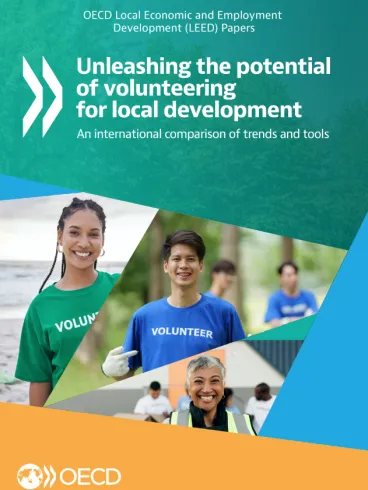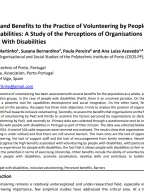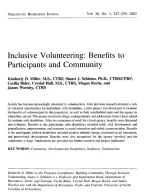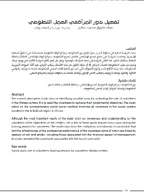
Fast read
This paper provides a snapshot of trends within and across OECD countries in terms of volunteering rates, impacts and motivations. It also provides an overview of the types of policies, legal frameworks, strategies and measures that have been put in place to support volunteer activities.
Synthesis
Findings include the following:
- Volunteering is a powerful force in not only addressing pressing social, economic and environmental challenges at the local level, but also enhancing individual well-being and personal development.
- Although the COVID-19 pandemic has inspired new forms of volunteering such as virtual volunteering, there has been an overall decline in volunteering rates over the past years, with some countries reaching all-time lows.
- Amid megatrends such as demographic change, it is of growing importance for national and local governments to promote volunteerism within their communities and strengthen their respective volunteer infrastructures.
- As such, a robust volunteering infrastructure is critical at both the national and local level, as it serves as the foundation that empowers and facilitates volunteerism within a society, fostering a culture of service.
- The paper also identifies potential areas for further research around volunteering.




















